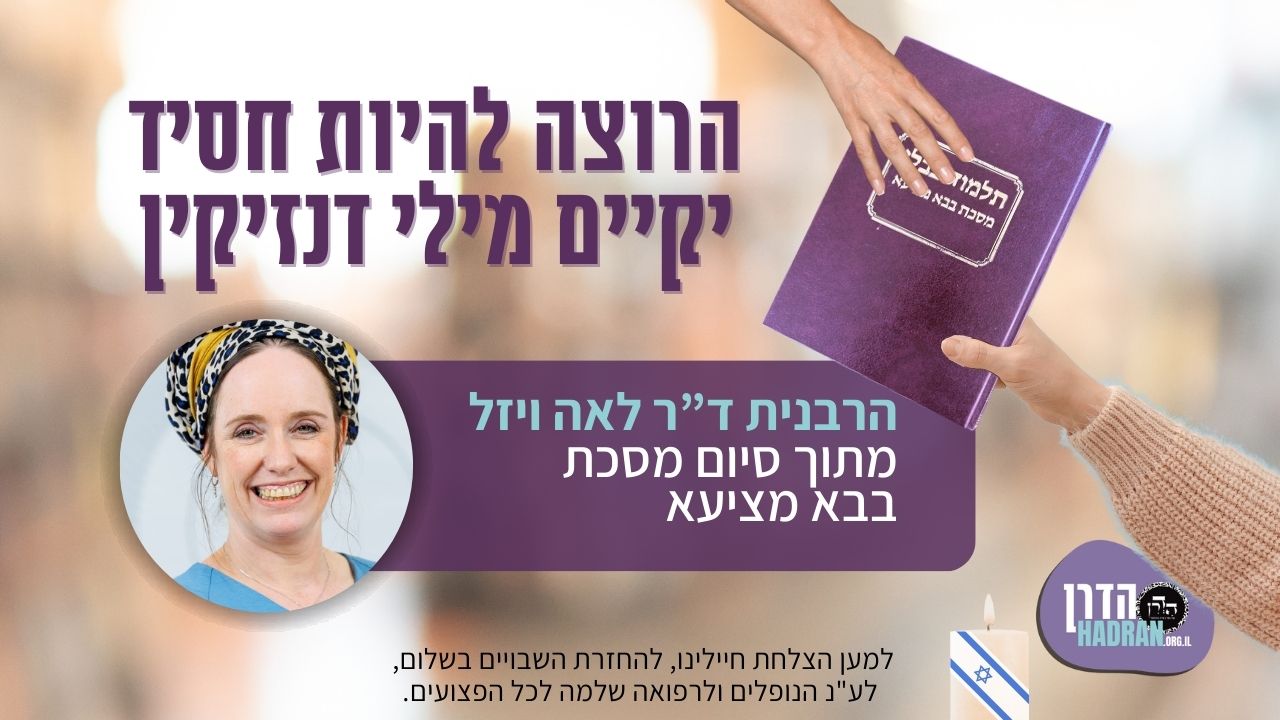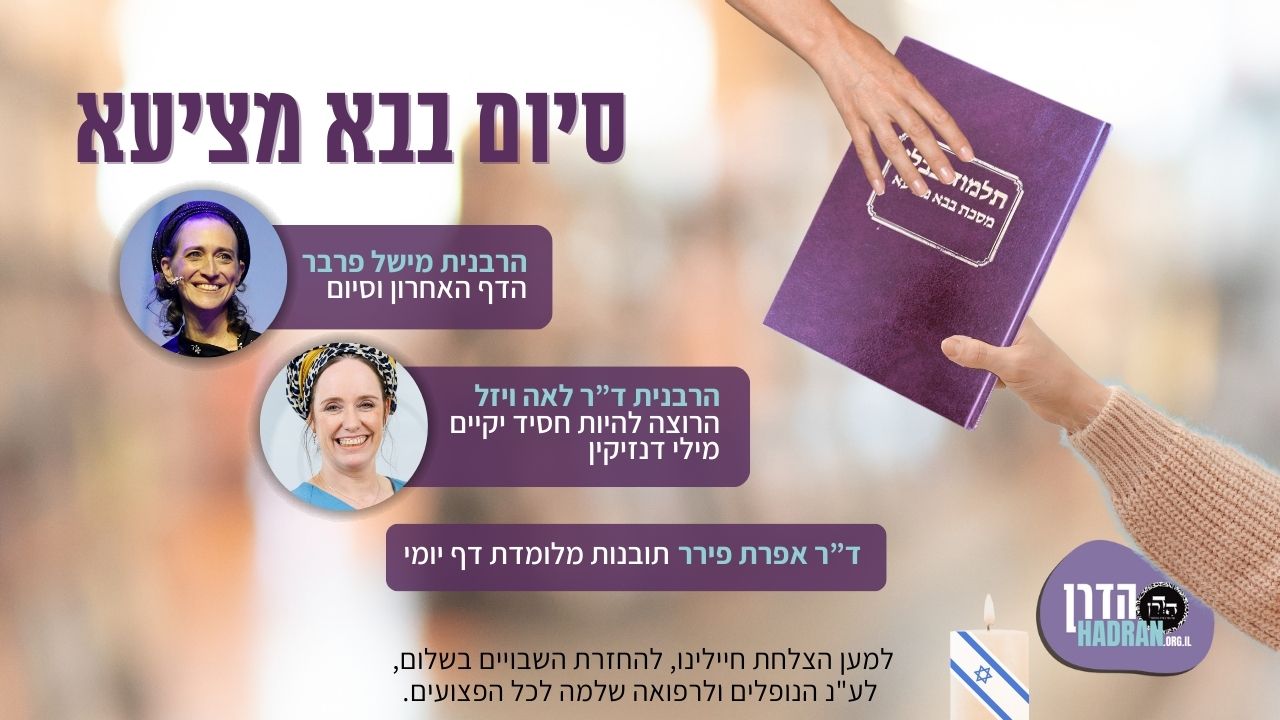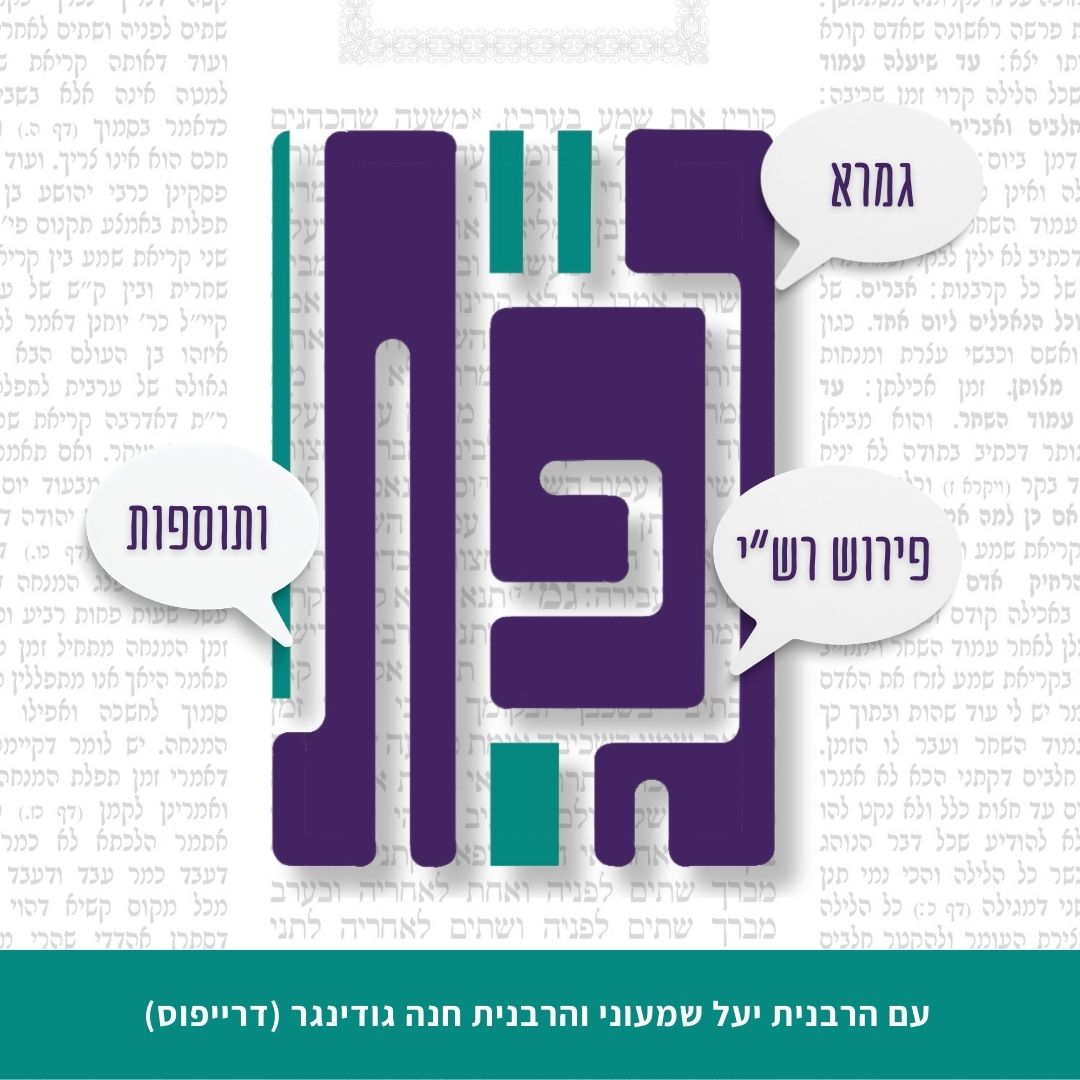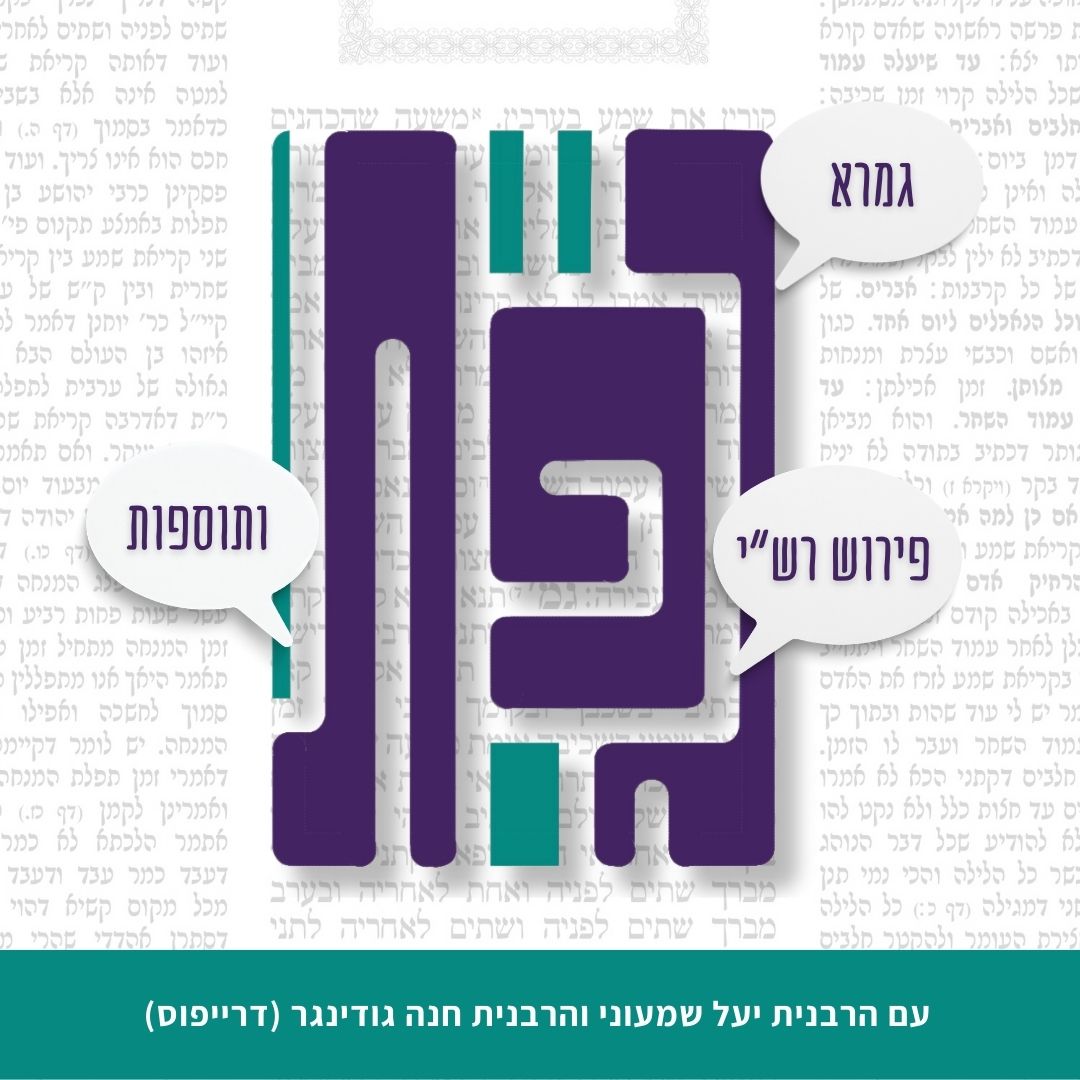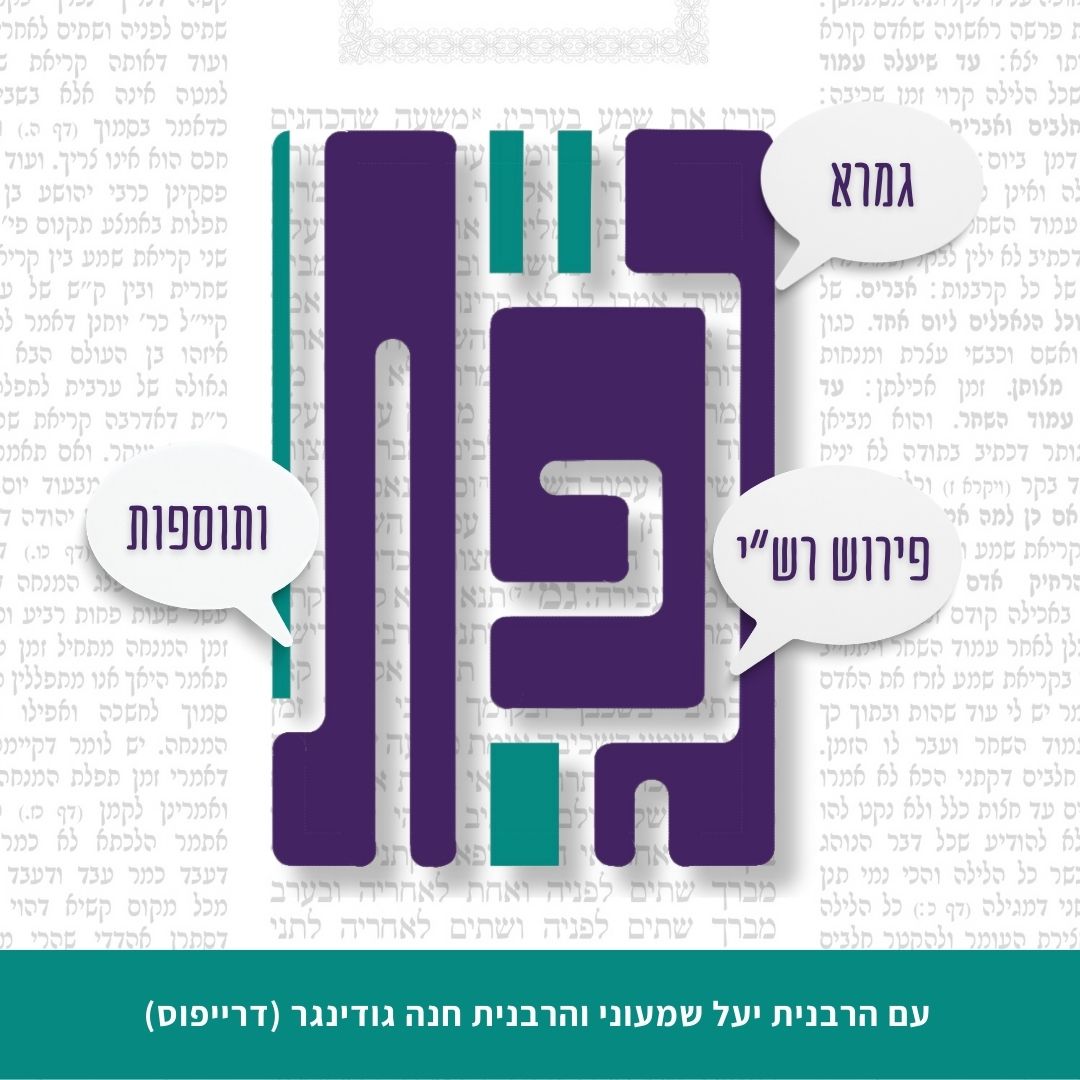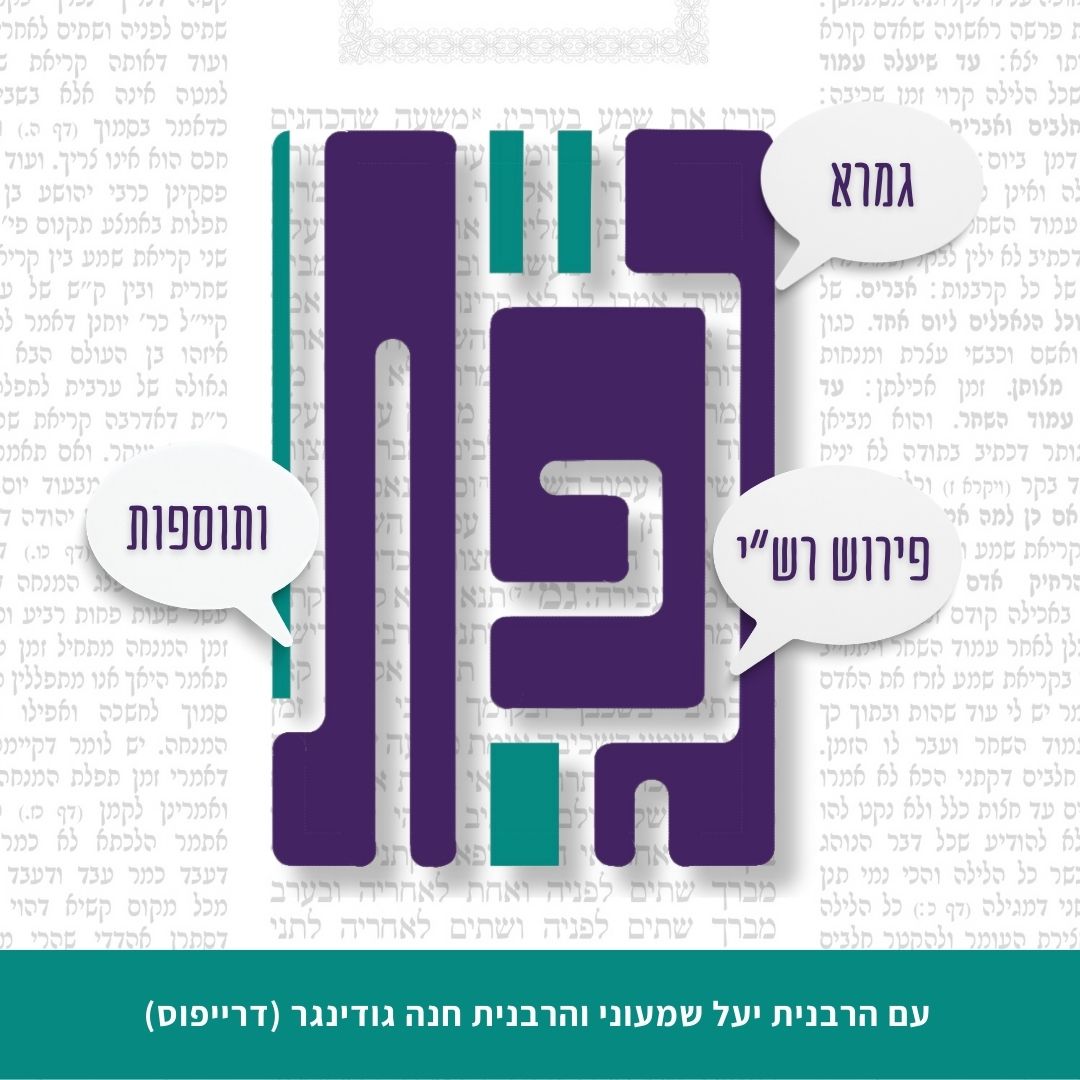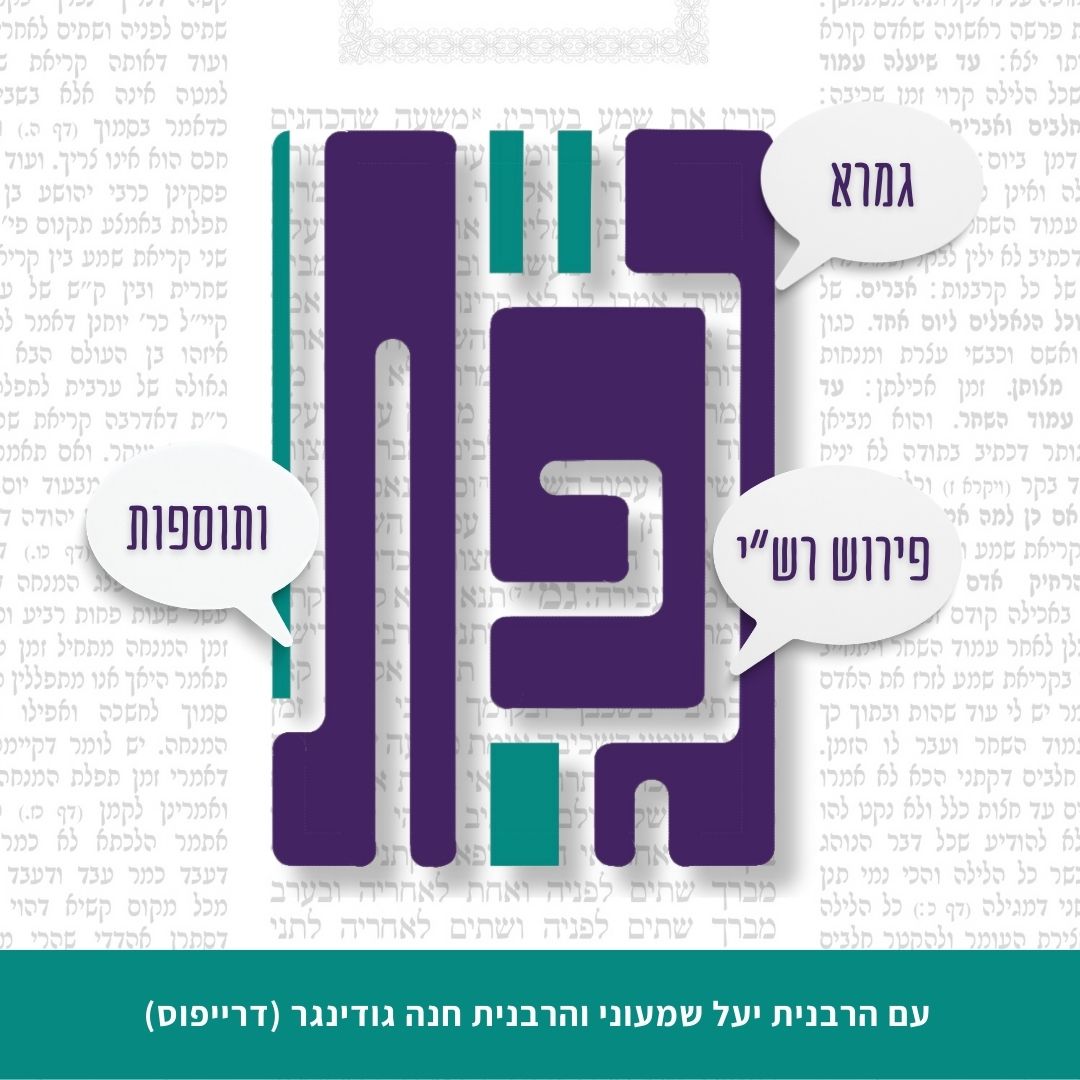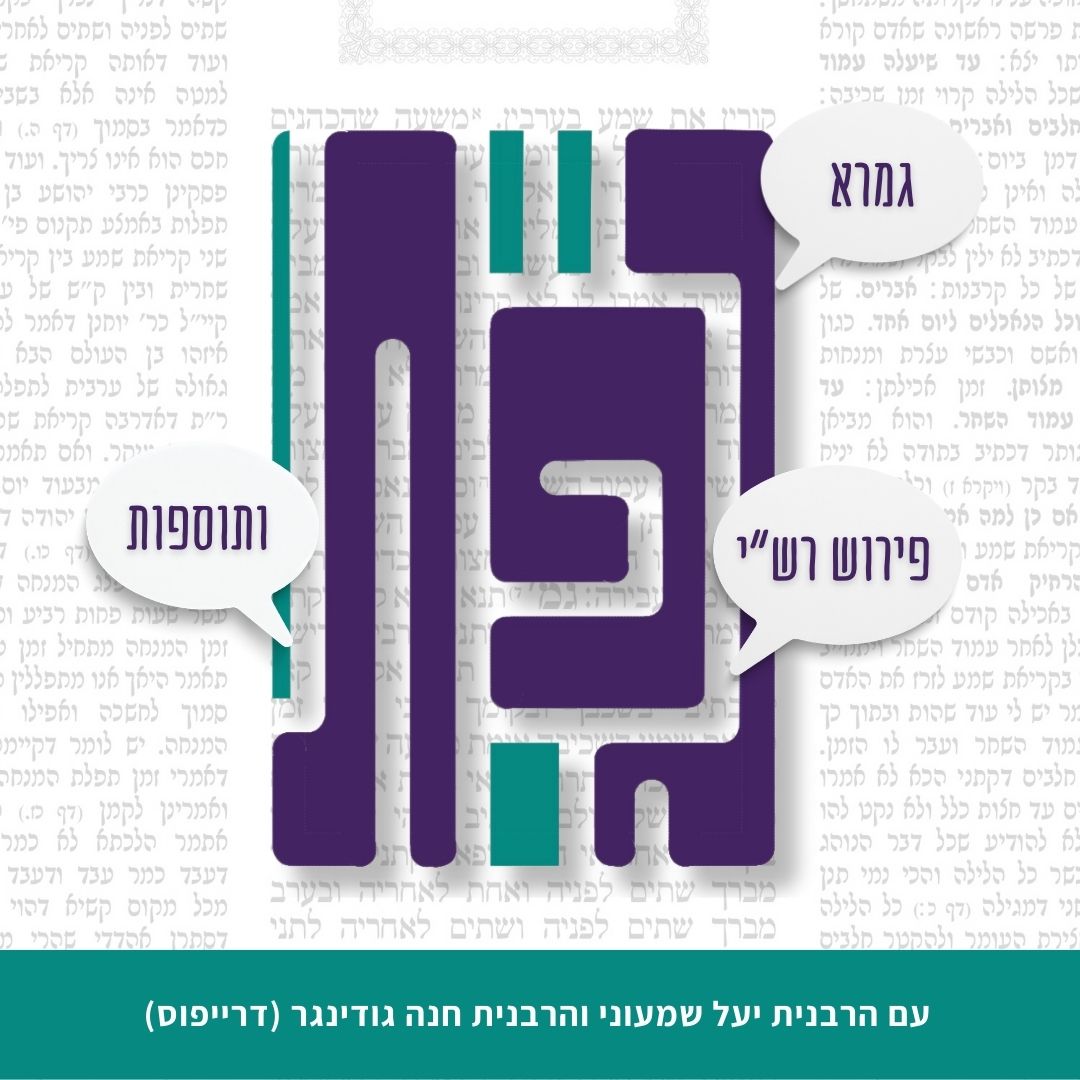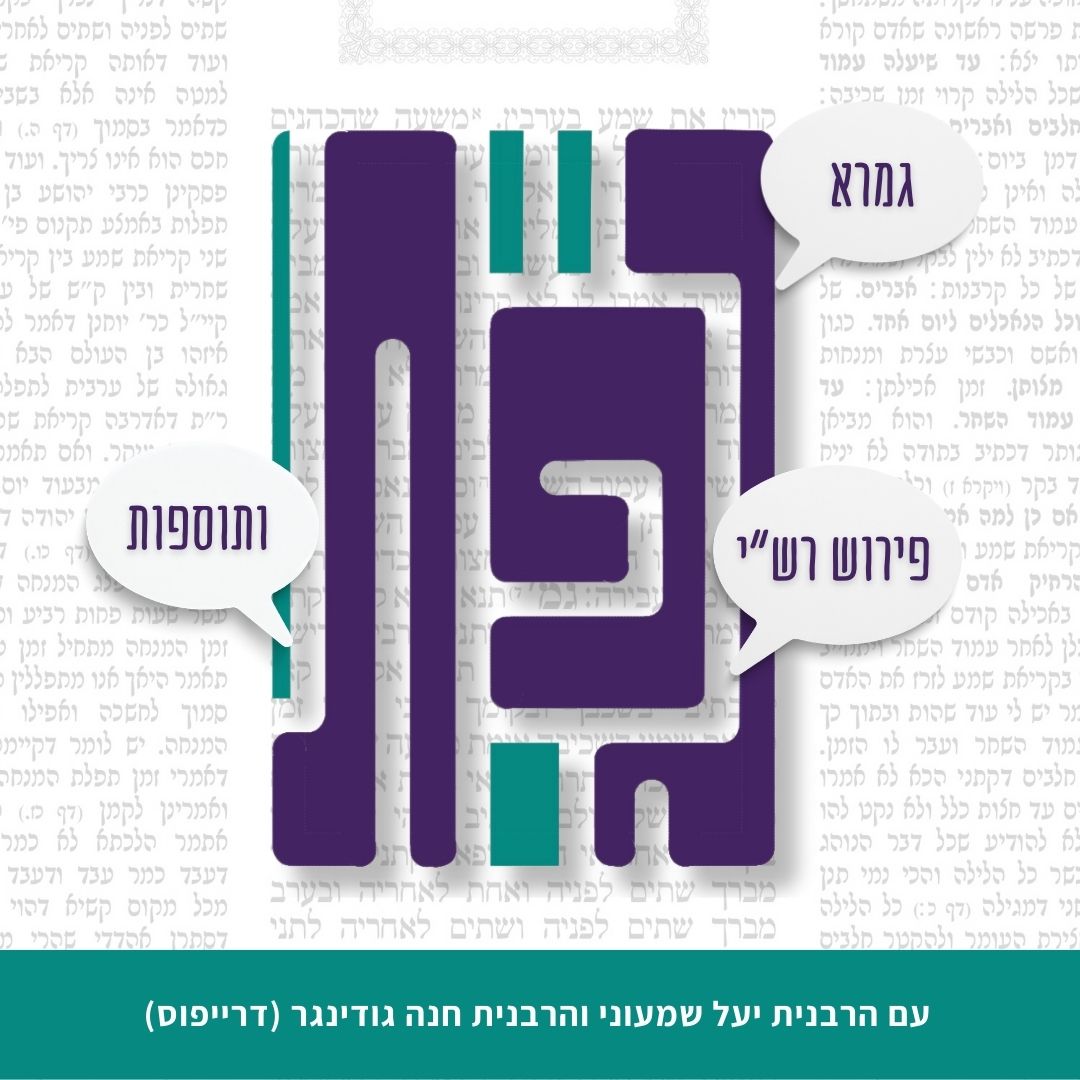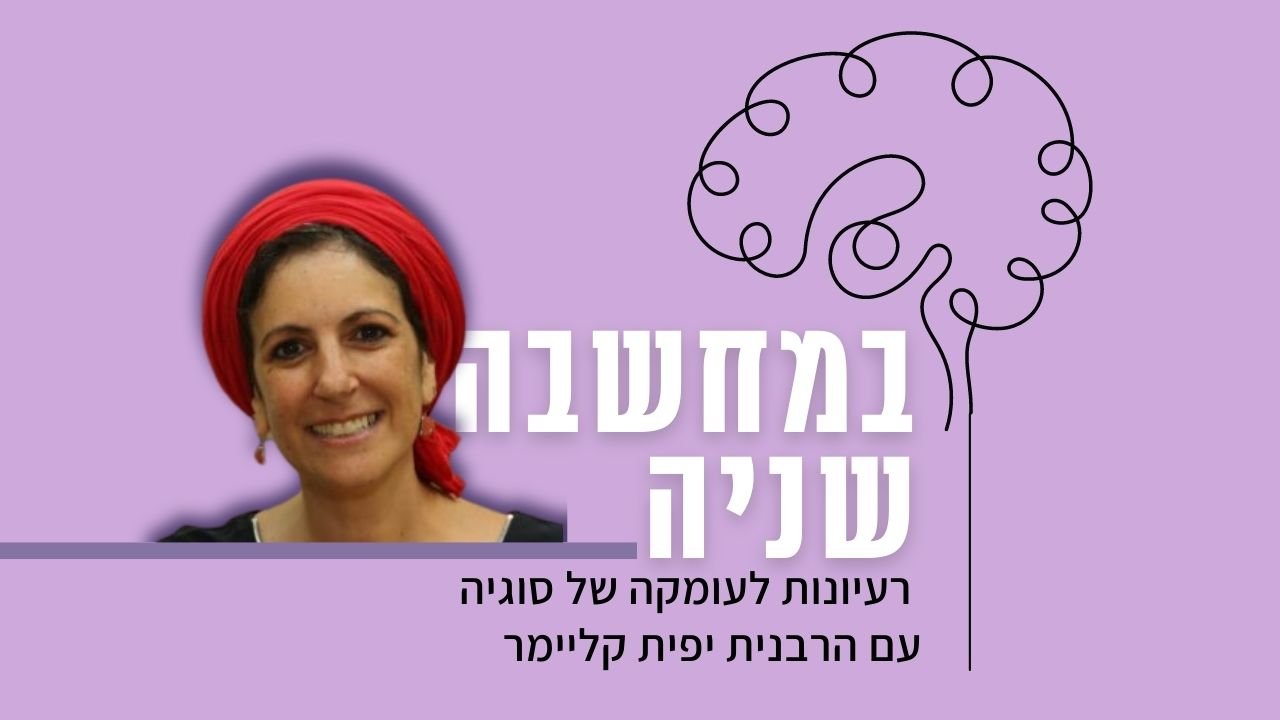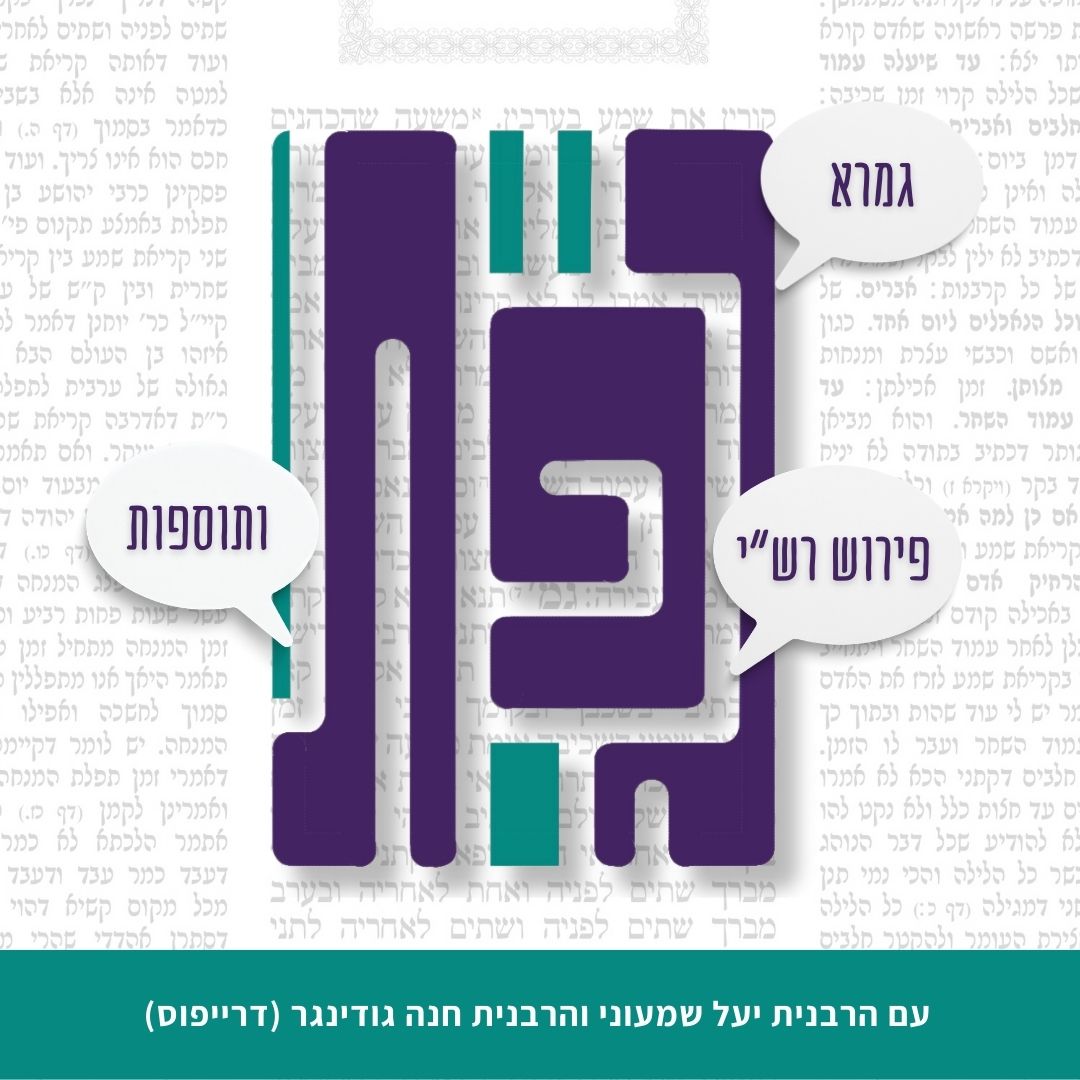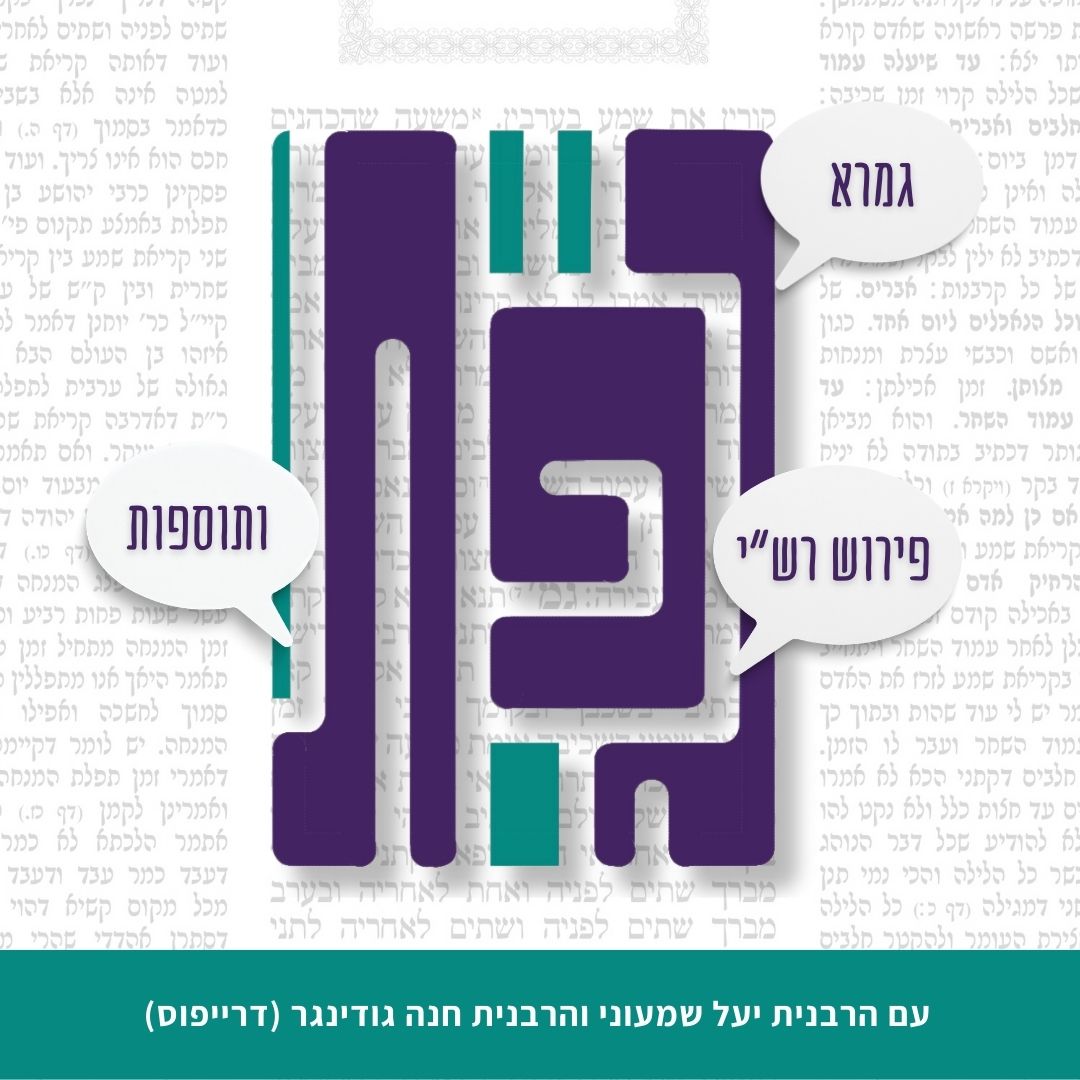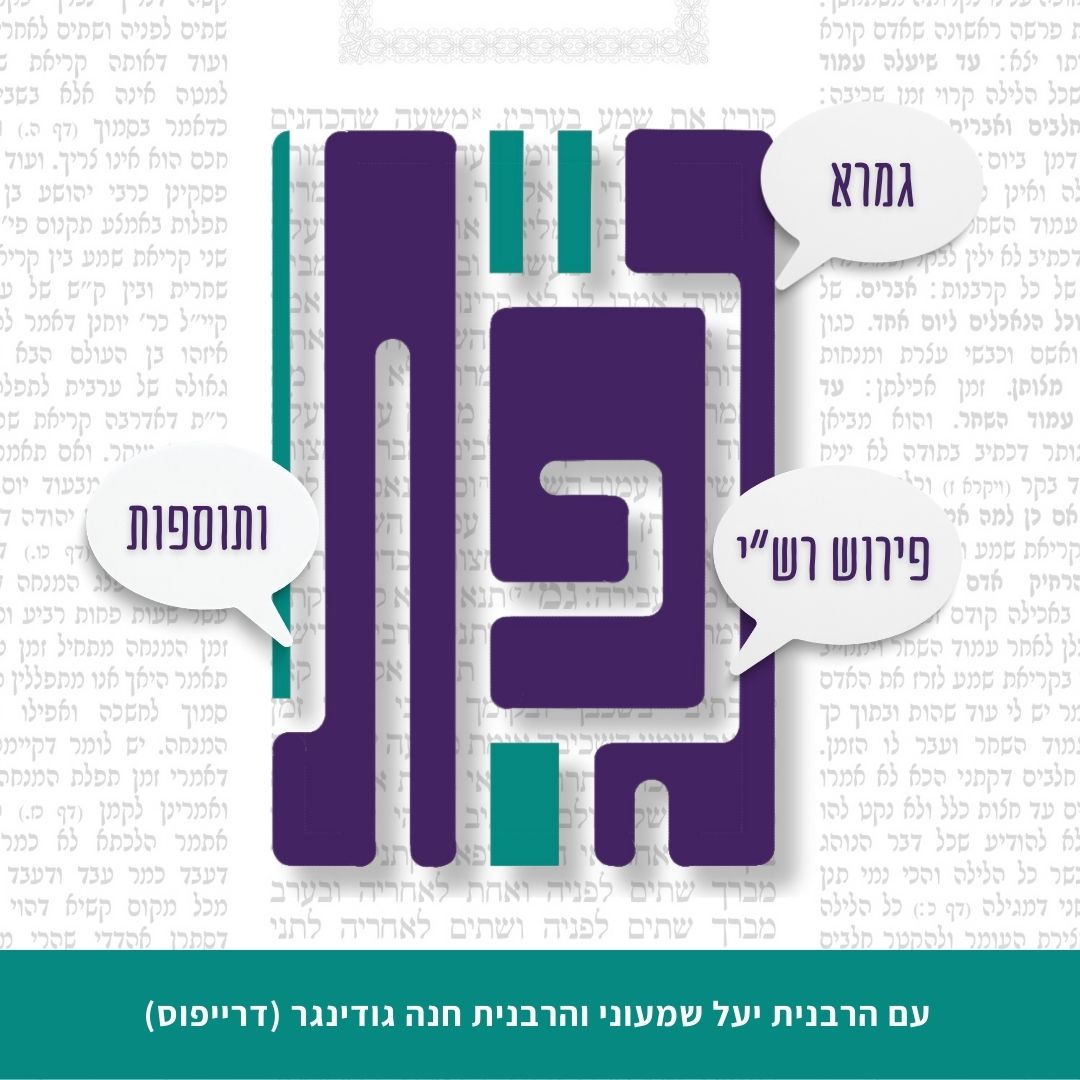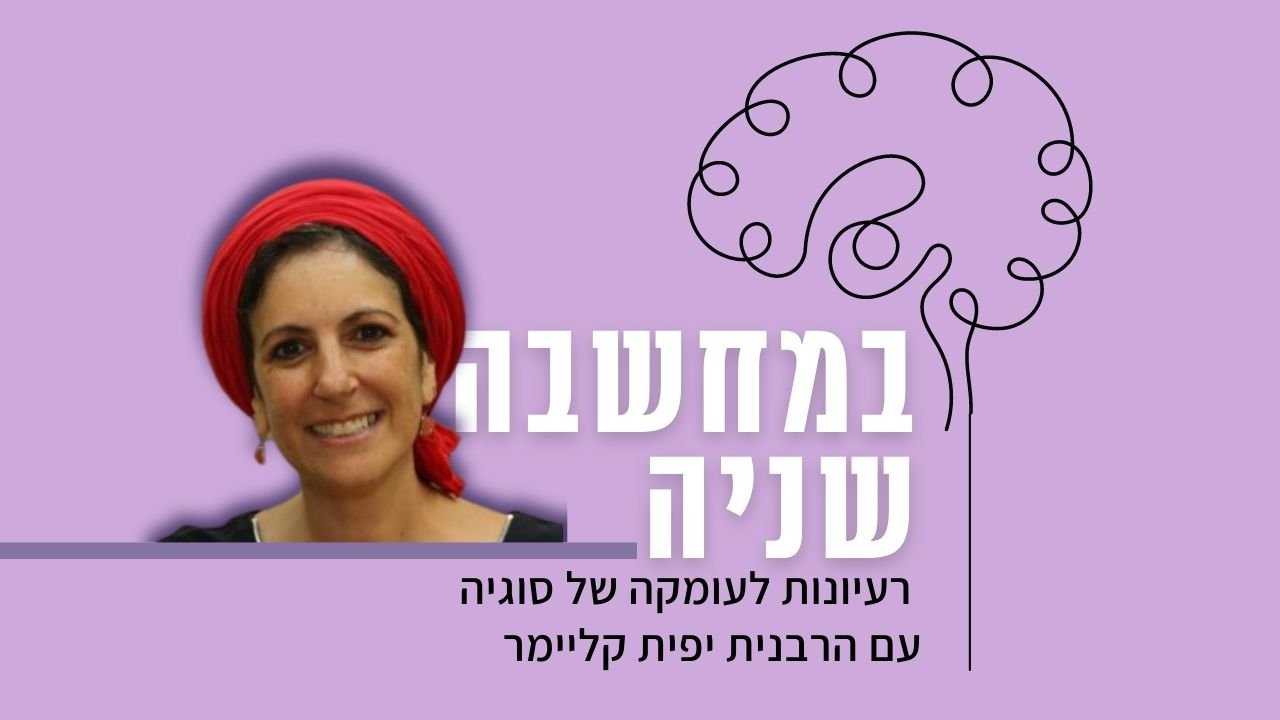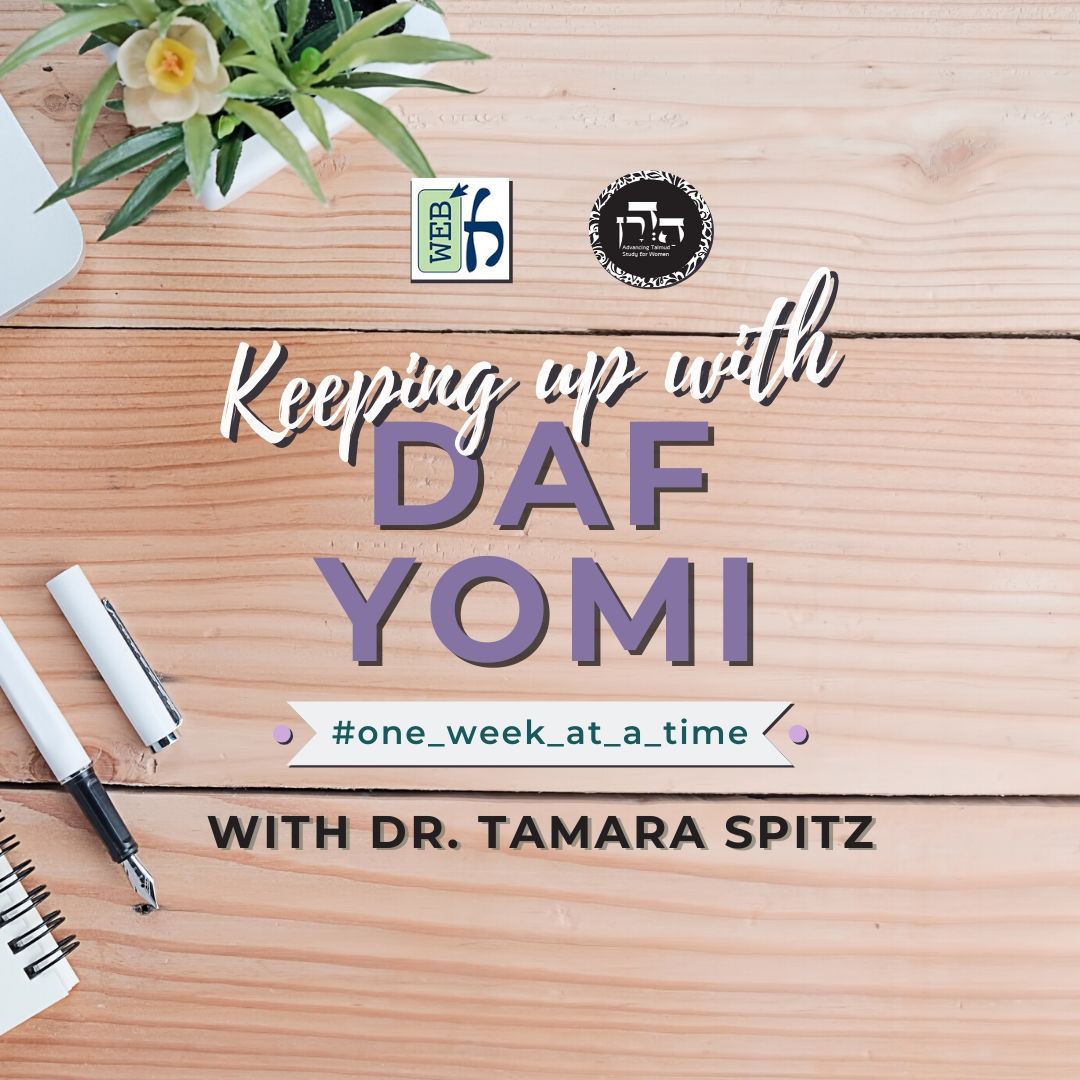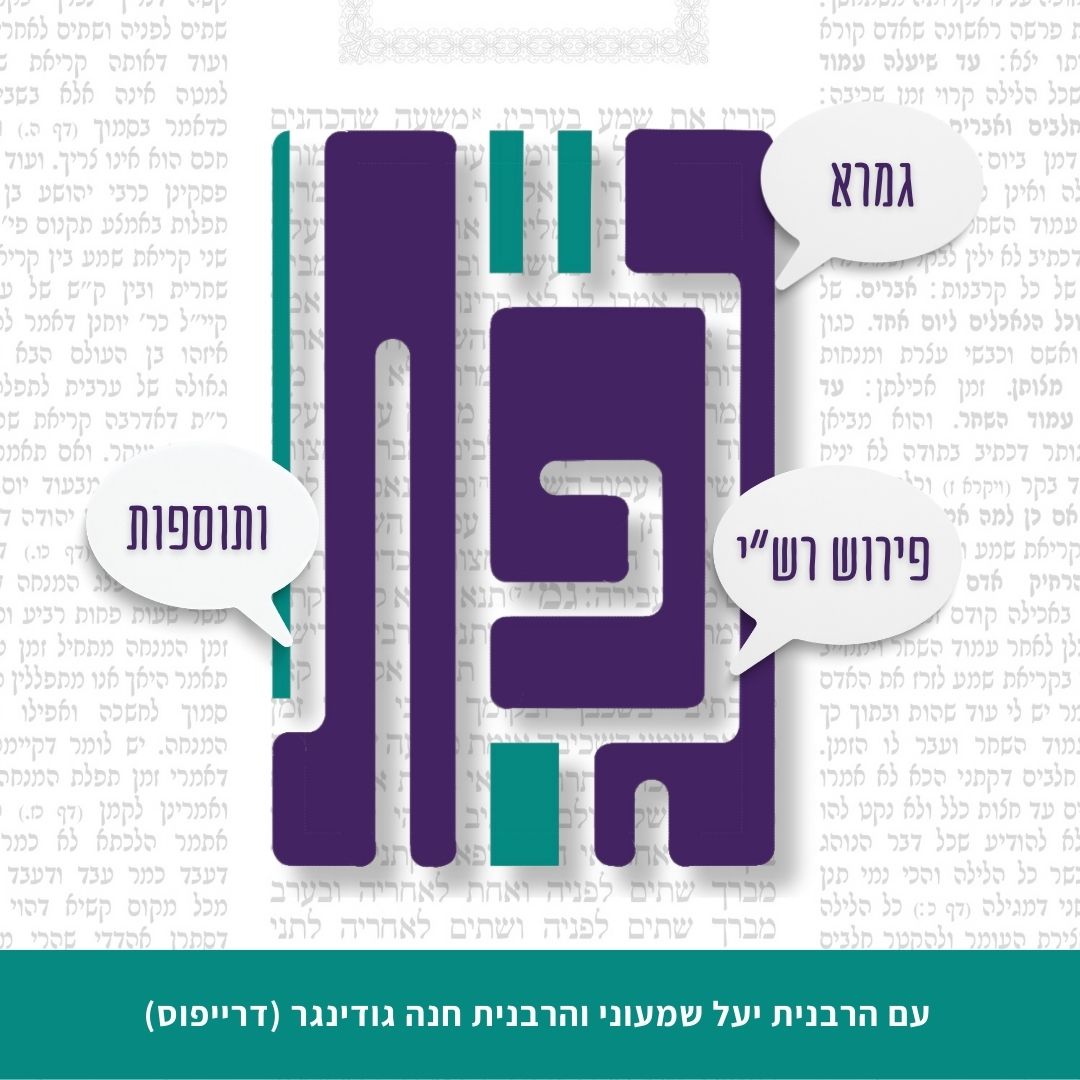בבא מציעא ז
אֶלָּא מַאי אִית לָךְ לְמֵימַר, עֲשִׂירִי וַדַּאי אָמַר רַחֲמָנָא וְלֹא עֲשִׂירִי סָפֵק. הָכָא נָמֵי: עֲשִׂירִי וַדַּאי אָמַר רַחֲמָנָא וְלֹא עֲשִׂירִי סָפֵק.
Rather, what have you to say to explain why one is not required to tithe his flock in a case where a counted animal jumped back into the pen? The Merciful One states: “And all the tithe of the herd or the flock, anyone that passes under the rod, the tenth shall be sacred to the Lord” (Leviticus 27:32), from which it is derived that a certain tenth animal must be tithed, but not an uncertain tenth, i.e., an animal that is not certainly the tenth. Here too, the entire flock is exempt from tithe because the Merciful One states that a certain tenth animal must be designated as tithe and not an uncertain tenth, i.e., an animal that is not certainly subject to tithe. Therefore, there is proof from the baraita that if a priest seizes an animal whose status as firstborn is uncertain, the court removes it from his possession.
אֲמַר לֵיהּ רַב אַחָא מִדִּפְתִּי לְרָבִינָא: מַאי סְפֵיקוֹת? אִילֵּימָא סְפֵק בְּכוֹרוֹת, ״יִהְיֶה קֹדֶשׁ״ אָמַר רַחֲמָנָא, וְלֹא שֶׁכְּבָר קָדוֹשׁ.
Rav Aḥa of Difti said to Ravina: What are these animals of uncertain status that that are subject to tithe according to the mishna? If we say that the reference is to animals whose status as firstborns is uncertain, the Merciful One states: “The tenth shall be sacred to the Lord,” indicating that the tithe animal becomes sacred only when it is designated as tithe, from which it is inferred: But not an animal that is already sacred for a different reason. Therefore, since an animal whose status as firstborn is uncertain is already considered sacred due to the uncertainty, the sanctity of animal tithe would not apply to it.
אֶלָּא סְפֵק פִּדְיוֹן פֶּטֶר חֲמוֹר, וְכִדְרַב נַחְמָן. דְּאָמַר רַב נַחְמָן אָמַר רַבָּה בַּר אֲבוּהּ: יִשְׂרָאֵל שֶׁיֵּשׁ לוֹ עֲשָׂרָה סְפֵק פִּטְרֵי חֲמוֹר בְּתוֹךְ בֵּיתוֹ – מַפְרִישׁ עֲלֵיהֶן עֲשָׂרָה שֵׂיִין, וּמְעַשְּׂרָן, וְהֵן שֶׁלּוֹ.
Rather, the mishna must be referring to a case of an uncertain redemption of a firstborn donkey, i.e., a lamb used as redemption for a donkey whose status as firstborn is uncertain. And this is in accordance with the statement of Rav Naḥman, as Rav Naḥman says that Rabba bar Avuh says: An Israelite who has ten donkeys whose status as firstborn is uncertain in his home separates ten lambs to redeem them, and tithes the lambs, separating one as a tithe, and they all belong to him, as a priest cannot prove that he is entitled to any of the ten.
מַאי הָוֵי עֲלַהּ דְּמַסּוּתָא? תָּא שְׁמַע, דְּאָמַר רַבִּי חִיָּיא בַּר אָבִין: הֲוָה עוֹבָדָא בֵּי רַב חִסְדָּא וְרַב חִסְדָּא בֵּי רַב הוּנָא, וּפַשְׁטַהּ מֵהָא דְּאָמַר רַב נַחְמָן: כׇּל מָמוֹן שֶׁאֵין יָכוֹל לְהוֹצִיאוֹ בְּדַיָּינִין, הִקְדִּישׁוֹ – אֵינוֹ קָדוֹשׁ.
The Gemara asks: What halakhic conclusion was reached about this matter of the bathhouse? Come and hear a conclusion, as Rabbi Ḥiyya bar Avin said: There was a similar incident that was brought before the school of Rav Ḥisda, and Rav Ḥisda brought the case before the school of Rav Huna, and Rav Huna resolved the issue based on that which Rav Naḥman says: With regard to any property that one cannot recover from the possession of another party by legal process, if he consecrated it while it was in the possession of the other party the consecration is not valid.
הָא יָכוֹל לְהוֹצִיאוֹ בְּדַיָּינִין, הִקְדִּישׁוֹ – קָדוֹשׁ, אַף עַל גַּב דְּלָא אַפְּקֵיהּ. וְהָאָמַר רַבִּי יוֹחָנָן: גָּזַל וְלֹא נִתְיָיאֲשׁוּ הַבְּעָלִים – שְׁנֵיהֶם אֵינָם יְכוֹלִין לְהַקְדִּישׁוֹ. זֶה – לְפִי שֶׁאֵינָהּ שֶׁלּוֹ, וְזֶה – לְפִי שֶׁאֵינָהּ בִּרְשׁוּתוֹ.
The Gemara questions Rav Naḥman’s statement: By inference, is it so that if one can recover the property from the other party by legal process, and he consecrated it, the consecration is valid, although he has not yet recovered it? But doesn’t Rabbi Yoḥanan say: In a case where one robbed another of an item and the owner did not despair of retrieving it, neither the owner nor the robber can consecrate it; this one, the robber, because it is not his, and that one, the owner, because it is not in his possession? The indication is that one cannot consecrate even his own item if it is not in his possession.
מִי סָבְרַתְּ בְּמַסּוּתָא מִטַּלְטְלִין עָסְקִינַן? בְּמַסּוּתָא מְקַרְקְעֵי עָסְקִינַן, דְּכִי יָכוֹל לְהוֹצִיאָה בְּדַיָּינִין, בִּרְשׁוּתֵיהּ קָיְימָא.
The Gemara answers: Did you think that in the case of the bathhouse we are dealing with a movable bath? No, we are dealing with a bath that is excavated in the ground, in which case once its owner can recover it by legal process there is no need to take possession of it, as it already exists in his possession.
תָּנֵי רַב תַּחְלִיפָא בַּר מַעְרְבָא קַמֵּיהּ דְּרַבִּי אֲבָהוּ: שְׁנַיִם אֲדוּקִים בְּטַלִּית – זֶה נוֹטֵל עַד מָקוֹם שֶׁיָּדוֹ מַגַּעַת, וְזֶה נוֹטֵל עַד מָקוֹם שֶׁיָּדוֹ מַגַּעַת, וְהַשְּׁאָר חוֹלְקִין בְּשָׁוֶה. מַחְוֵי לֵיהּ רַבִּי אֲבָהוּ: וּבִשְׁבוּעָה.
§ Rav Taḥalifa from the West, i.e., Eretz Yisrael, taught this baraita before Rabbi Abbahu: If two people are grasping a garment, this one takes up to where his hand reaches, and that one takes up to where his hand reaches, and they divide the remainder, the part of the garment that is in the grasp of neither, equally. Rabbi Abbahu indicated by means of a hand gesture that Rav Taḥalifa should add: And this is with the proviso that they take an oath.
אֶלָּא מַתְנִיתִין, דְּקָתָנֵי דְּפָלְגִי בַּהֲדָדֵי, וְלָא קָתָנֵי זֶה נוֹטֵל עַד מְקוֹם שֶׁיָּדוֹ מַגַּעַת, הֵיכִי מַשְׁכַּחַתְּ לַהּ? אָמַר רַב פָּפָּא: דִּתְפִיסִי בְּכַרְכְּשָׁתָא.
The Gemara asks: But then how can you find a case where the halakha in the mishna applies? As the mishna teaches that they divide the garment between them, and does not teach that this one takes up to where his hand reaches and that one does likewise. Rav Pappa said: The mishna is discussing a case where neither of them is grasping the garment itself, but rather they are holding onto the fringes [bekarkashta] of the garment. Therefore, each is required to take an oath and they divide the garment between them.
אָמַר רַב מְשַׁרְשְׁיָא, שְׁמַע מִינַּהּ: הַאי סוּדָרָא, כֵּיוָן דְּתָפֵיס בֵּיהּ שָׁלֹשׁ עַל שָׁלֹשׁ, קָרֵינַן בֵּיהּ ״וְנָתַן לְרֵעֵהוּ״.
Rav Mesharshiyya said: Learn a halakha with regard to the symbolic transfer of a cloth as a formal act of acquisition from Rav Pappa’s statement: The entire cloth need not change hands. Rather, once the recipient of the cloth has grasped three by three fingerbreadths of the cloth, which is the minimum size of a cloth that can be considered a utensil, the transaction takes effect, as we consider such an action to be an implementation of the verse upon which acquisition by means of a cloth is based: “Now this was the custom in former times in Israel…to confirm all things: A man drew off his shoe, and gave it to his neighbor; and this was the attestation in Israel” (Ruth 4:7).
דִּכְמַאן דִּפְסִיק דְּמֵי, וְקָנֵי.
This is because such an amount of the cloth is significant enough to be considered as though it were severed from the rest of the cloth, and therefore when the recipient grasps it, it effects the acquisition, even though the rest of the cloth is still in the hand of the other party.
וּמַאי שְׁנָא מִדְּרַב חִסְדָּא, דְּאָמַר רַב חִסְדָּא: גֵּט בְּיָדָהּ וּמְשִׁיחָה בְּיָדוֹ, אִם יָכוֹל לְנַתְּקוֹ וְלַהֲבִיאוֹ אֶצְלוֹ – אֵינָהּ מְגוֹרֶשֶׁת, וְאִם לָאו – מְגוֹרֶשֶׁת!
The Gemara asks: But in what way is this case different from the ruling of Rav Ḥisda? As Rav Ḥisda said: In a case where a husband placed a bill of divorce in his wife’s hand, and a string attached to the bill of divorce remained in his hand, if the husband can still pull the bill of divorce out of her hand and bring it to him, she is not divorced; and if he is not able to do so, e.g., if the string is too flimsy, then she is divorced. This indicates that as long as part of the bill of divorce remains in his hand, it is not considered as though he gave it to her.
הָתָם כְּרִיתוּת בָּעֵינַן, וְלֵיכָּא. הָכָא נְתִינָה בָּעֵינַן, וְהָא אִיכָּא.
The Gemara answers: There, in the case of a bill of divorce, we require that it accomplish a complete severance between the husband and wife, and as long as the husband continues to have some hold on the bill of divorce there is no complete severance. By contrast, here, in the case of a transaction by means of a cloth, we require an act of giving, and there is a valid act of giving even if only part of the cloth was given.
אָמַר רָבָא: אִם הָיְתָה טַלִּית מוּזְהֶבֶת – חוֹלְקִין. פְּשִׁיטָא? לָא צְרִיכָא, דְּקָאֵי דַּהֲבָא בֵּי מִצְעֵי.
Rava says: Even if the garment was fashioned with gold thread, they divide it. The Gemara asks: Isn’t this obvious? Why would a gold garment have a different halakha? The Gemara answers: No, it is necessary to state this halakha in a case where the gold is in the middle of the garment, neither in one’s hand nor in the other’s.
הָא נָמֵי פְּשִׁיטָא! לָא צְרִיכָא דְּמִיקְרַב לְגַבֵּי דְּחַד. מַהוּ דְּתֵימָא דַּאֲמַר לֵיהּ: פְּלוֹג הָכִי, קָא מַשְׁמַע לַן דַּאֲמַר לֵיהּ: מַאי חָזֵית דְּפָלְגַתְּ הָכִי? פְּלוֹג הָכִי.
The Gemara challenges: This too is obvious; the halakha is that they divide the remainder. The Gemara answers: No, it is necessary to state this halakha in a case where the gold is closer to one of them, though it is not in his grasp. Lest you say that the one to whom the gold is closer can say to the other: Divide it in this manner, along the middle line of the garment between us, leaving most of the gold in my possession, Rava therefore teaches us that they divide the gold equally. The reason is that the other litigant can say to him in response: What did you see that led you to divide it in that manner, e.g., lengthwise? Divide it in this manner, e.g., widthwise, so that the gold will be divided equally between us.
תָּנוּ רַבָּנַן: שְׁנַיִם אֲדוּקִין בִּשְׁטָר, מַלְוֶה אוֹמֵר: שֶׁלִּי הוּא, וְנָפַל מִמֶּנִּי וּמְצָאתִיו, וְלֹוֶה אָמַר: שֶׁלְּךָ הוּא, וּפְרַעְתִּיו לָךְ – יִתְקַיֵּים הַשְּׁטָר בְּחוֹתְמָיו, דִּבְרֵי רַבִּי.
§ The Sages taught in a baraita (Tosefta 1:8): In a case where two people, a creditor and a debtor, are grasping a promissory note, and the creditor says: The promissory note is mine, as the debt has not yet been repaid, and I merely dropped it and I subsequently found it, and the debtor says: The promissory note was once yours, i.e., you lent me the money, but I already repaid you, and you therefore gave me the note, in that case the promissory note must be ratified through its signatories for the creditor to collect the debt. In other words, the court must first ascertain the validity of the promissory note by verifying that the signatures of the witnesses are authentic. This is the statement of Rabbi Yehuda HaNasi.
רַבָּן שִׁמְעוֹן בֶּן גַּמְלִיאֵל אוֹמֵר: יַחְלוֹקוּ.
Rabban Shimon ben Gamliel says: The creditor and the debtor divide the debt attested to in the promissory note, i.e., the debtor is liable to pay half the amount, due to uncertainty as to who is telling the truth.
נָפַל לְיַד דַּיָּין – לֹא יוֹצִיאוֹ עוֹלָמִית. רַבִּי יוֹסֵי אוֹמֵר: הֲרֵי הוּא בְּחֶזְקָתוֹ.
If a promissory note fell into the possession of a judge and the two parties do not agree as to which of them it belongs, either to the creditor, and the debt has yet to have been repaid, or to the debtor, and the debt was repaid, it may never be removed from the judge’s possession to collect the debt until proof is provided. Rabbi Yosei says: The promissory note retains its presumptive status of validity and the litigants proceed in accordance with its contents.
אָמַר מָר: יִתְקַיֵּים הַשְּׁטָר בְּחוֹתְמָיו. וְגָבֵי לֵיהּ מַלְוֶה כּוּלֵּיהּ. וְלֵית לֵיהּ מַתְנִיתִין? שְׁנַיִם אוֹחֲזִין כּוּ׳!
The Gemara discusses the baraita. The Master said that the promissory note must be ratified through its signatories. And does this indicate that once it is ratified, the creditor collects the entire debt? But doesn’t Rabbi Yehuda HaNasi hold in accordance with the halakha taught in the mishna with regard to two people holding a garment, that they divide the garment? Here too, each party should be entitled half the promissory note, and the debtor should therefore be obligated to pay only half the debt.
אָמַר רָבָא אָמַר רַב נַחְמָן: בִּמְקוּיָּם – דִּבְרֵי הַכֹּל יַחְלוֹקוּ, כִּי פְּלִיגִי בְּשֶׁאֵינוֹ מְקוּיָּם.
Rava says that Rav Naḥman says: In a case where the promissory note was ratified by the court, everyone agrees that the litigants divide it, and the debtor repays only half of the debt. They disagree with regard to a case where it was not ratified.
רַבִּי סָבַר: מוֹדֶה בִּשְׁטָר שֶׁכְּתָבוֹ – צָרִיךְ לְקַיְּימוֹ. וְאִי מְקַיֵּים לֵיהּ פָּלֵיג, וְאִי לָא מְקַיֵּים לֵיהּ לָא פָּלֵיג.
Rabbi Yehuda HaNasi holds that even when a debtor admits that he wrote a promissory note, the creditor must ratify it in court in order for the creditor to collect the debt. And therefore, if he ratifies the promissory note in court he divides it with the debtor, and if he does not ratify it he does not divide it with the debtor. If he is unable to ratify the signatures of the witnesses, he receives nothing even if the debtor admits that he borrowed the money.
מַאי טַעְמָא? חַסְפָּא בְּעָלְמָא הוּא, מַאן קָא מְשַׁוֵּי לֵיהּ לְהַאי שְׁטָרָא – לֹוֶה, הָא קָאָמַר דִּפְרִיעַ.
What is the reason for Rabbi Yehuda HaNasi’s opinion? He holds that an unratified promissory note is merely a shard. Who renders this document a valid promissory note? The debtor does. The validity of the note is solely dependent on the corroboration of the debtor, and doesn’t the debtor say that the debt mentioned in the promissory note was repaid? Therefore, the note is worthless unless it is ratified by the witnesses in court.
וְרַבִּי שִׁמְעוֹן בֶּן גַּמְלִיאֵל סָבַר: מוֹדֶה בִּשְׁטָר שֶׁכְּתָבוֹ אֵין צָרִיךְ לְקַיְּימוֹ, וְאַף עַל גַּב דְּלָא מְקַיֵּים לֵיהּ – יַחְלוֹקוּ.
And Rabbi Shimon ben Gamliel holds that if a debtor admits that he wrote a promissory note, the creditor is not required to ratify it in court in order for the creditor to collect the debt. And therefore, even if the creditor does not ratify it, the promissory note is valid, and they divide it.
נָפַל לְיַד דַּיָּין לֹא יוֹצִיאוֹ עוֹלָמִית,
It is taught in the baraita that if a promissory note fell into the possession of a judge it may never be removed from his possession until proof is provided.
מַאי שְׁנָא לְיַד דַּיָּין? אָמַר רָבָא, הָכִי קָאָמַר: וְאַחֵר שֶׁמָּצָא שְׁטָר שֶׁנָּפַל לְיַד דַּיָּין, וְהֵיכִי דָּמֵי – דִּכְתַב בֵּיהּ הֶנְפֵּק, לֹא יוֹצִיאוֹ עוֹלָמִית.
The Gemara asks: What is different about the case where the promissory note fell into the possession of a judge, such that the creditor cannot retrieve it to collect the debt? Rava said this is what the baraita is saying: But in the case of another individual, who is neither the debtor nor the creditor, who found a promissory note that had already fallen into the possession of a judge, it may never be removed from his possession until proof is provided. And what are the circumstances? What does it mean that the promissory note had fallen into the possession of a judge? It is a case where the court wrote in the promissory note a ratification certifying that it examined and ratified the note and it can be used to collect the debt.
וְלָא מִיבַּעְיָא לָא כְּתַב בֵּיהּ הֶנְפֵּק, דְּאִיכָּא לְמֵימַר כָּתַב לִלְוֹת וְלֹא לָוָה, אֶלָּא אֲפִילּוּ כְּתַב בֵּיהּ הֶנְפֵּק, דִּמְקוּיָּם – לֹא יַחֲזִיר, דְּחָיְישִׁינַן לְפֵירָעוֹן.
And the reason the baraita refers specifically to these circumstances is that it is not necessary to state that in a case where there is no ratification written in the promissory note that the creditor cannot use it to collect the debt; as it can be said that the debtor wrote the document because he intended to borrow the money, but he ultimately did not borrow it. Rather, the baraita states that even in a case where there is a ratification written in the promissory note, as it is now a ratified promissory note, the finder should not return it to the creditor, as we suspect that there was repayment, i.e., that the debtor may have repaid the debt, and he lost the promissory note.
וְרַבִּי יוֹסֵי אוֹמֵר: הֲרֵי הוּא בְּחֶזְקָתוֹ וְלָא חָיְישִׁינַן לְפֵירָעוֹן. וְלָא חָיֵישׁ רַבִּי יוֹסֵי לְפֵירָעוֹן?
The Gemara discusses the continuation of the baraita: And Rabbi Yosei says: The promissory note retains its presumptive status. The Gemara explains: And we do not suspect that there was repayment; had the debt been repaid the debtor would have immediately destroyed the promissory note. The Gemara asks: But does Rabbi Yosei not suspect that there was repayment?
וְהָתַנְיָא: מָצָא שְׁטַר כְּתוּבָּה בַּשּׁוּק, בִּזְמַן שֶׁהַבַּעַל מוֹדֶה – יַחֲזִיר לָאִשָּׁה, אֵין הַבַּעַל מוֹדֶה – לֹא יַחֲזִיר לֹא לָזֶה וְלֹא לָזֶה.
But isn’t it taught in a baraita: If one found a marriage contract in the marketplace, in a case when the husband admits that he has not yet paid the amount written in the contract to his wife, the finder must return the document to the wife. In a case when the husband does not admit this, but instead claims that he has already paid the amount written in the contract, the one who found it should not return it to this one, the husband, or to that one, the wife.
רַבִּי יוֹסֵי אוֹמֵר: עוֹדָהּ תַּחַת בַּעֲלָהּ – יַחֲזִיר לָאִשָּׁה. נִתְאַרְמְלָה אוֹ נִתְגָּרְשָׁה – לֹא יַחֲזִיר לֹא לָזֶה וְלֹא לָזֶה.
Rabbi Yosei says that there is a distinction between different situations: If the wife is still under the auspices of her husband, i.e., she is still married to him, the one who found the marriage contract must return it to the wife because presumably the husband did not pay her the amount specified in the marriage contract during their marriage. If the wife was widowed or divorced, he should not return it to this party, the husband or his heirs, or to that party, the wife, as perhaps she already received payment and the contract was later lost by her husband or his heirs. In this case, Rabbi Yosei suspects that there was payment.
אֵיפוֹךְ: נָפַל לְיַד דַּיָּין לֹא יוֹצִיאוֹ עוֹלָמִית, דִּבְרֵי רַבִּי יוֹסֵי. וַחֲכָמִים אוֹמְרִים: הֲרֵי הוּא בְּחֶזְקָתוֹ.
The Gemara answers: Reverse the order of the tanna’im in the baraita and teach it as follows: If the promissory note fell into the possession of a judge, it may never be removed; this is the statement of Rabbi Yosei. And the Rabbis say: It retains its presumptive status.
אִי הָכִי קַשְׁיָא דְּרַבָּנַן אַדְּרַבָּנַן!
The Gemara asks: If so, the contradiction between the statement of the Rabbis in this baraita and the statement of the Rabbis with regard to the case of the marriage contract is difficult. Whereas according to the emended version of the baraita the Rabbis do not take into account the possibility that the debt was repaid, in the case of the marriage contract the Rabbis take this possibility into account.
שְׁטַר כְּתוּבָּה, כּוּלָּהּ רַבִּי יוֹסֵי, וְחַסּוֹרֵי מְחַסְּרָא וְהָכִי קָתָנֵי: אֵין הַבַּעַל מוֹדֶה – לֹא יַחֲזִיר לֹא לָזֶה וְלֹא לָזֶה. בַּמֶּה דְּבָרִים אֲמוּרִים – שֶׁנִּתְאַרְמְלָה אוֹ שֶׁנִּתְגָּרְשָׁה, אֲבָל עוֹדָהּ תַּחַת בַּעֲלָהּ – יַחֲזִיר לָאִשָּׁה, שֶׁרַבִּי יוֹסֵי אוֹמֵר: עוֹדָהּ תַּחַת בַּעֲלָהּ – יַחֲזִיר לָאִשָּׁה, נִתְאַרְמְלָה אוֹ שֶׁנִּתְגָּרְשָׁה – לֹא יַחֲזִיר לֹא לָזֶה וְלֹא לָזֶה.
The Gemara resolves the problem: The baraita that discusses the marriage contract is entirely in accordance with the opinion of Rabbi Yosei; it contains no dispute. And the baraita is incomplete, and this is what it is teaching: In a case where the husband does not admit that he did not pay the marriage contract, the one who found it should not return it to this party or to that party. In what case is this statement said? It is said in a case where the woman was widowed or divorced. But if she is still under the auspices of her husband, the finder must return it to the wife. As Rabbi Yosei says: If she is still under the auspices of her husband, the finder must return it to the wife. If she was widowed or divorced, he should not return it to this party or to that party.
רַב פָּפָּא אָמַר: לְעוֹלָם לָא תֵּיפוֹךְ, רַבִּי יוֹסֵי לְדִבְרֵיהֶם דְּרַבָּנַן קָאָמַר לְהוּ.
Rav Pappa said: Actually, do not reverse the opinions in the baraita, but instead resolve the contradiction differently: Rabbi Yosei was telling the Rabbis what the halakha should be in the case of a marriage contract according to their statement, i.e., according to their opinion that one who finds a promissory note needs to take into account that the debt may have been repaid already.
לְדִידִי אֲפִילּוּ נִתְאַרְמְלָה אוֹ נִתְגָּרְשָׁה נָמֵי לָא חָיְישִׁינַן לְפֵירָעוֹן. לְדִידְכוּ אוֹדוֹ לִי מִיהַת בְּעוֹדָהּ תַּחַת בַּעֲלָהּ, דְּיַחֲזִיר לָאִשָּׁה, דְּלָאו בַּת פֵּירָעוֹן הִיא.
His statement should be understood as follows: In my opinion, even if she was widowed or divorced we do not suspect that there was payment. But according to your opinion, concede to me, in any event, that while she is still under the auspices of her husband the finder should return the document to the wife, as the marriage contract is not yet subject to payment. Since the husband is not yet liable to pay, it is unlikely that he paid.
וַאֲמַרוּ לֵיהּ רַבָּנַן: אֵימוֹר צְרָרֵי אַתְפְּסָה.
And the Rabbis said to him in response: Even if they are still married, say that he gave her bundles of money, and in exchange she gave him back the marriage contract. If the finder then returns the marriage contract to the wife, that would enable her to collect the sum twice.
רָבִינָא אָמַר: לְעוֹלָם אֵיפוֹךְ קַמַּיְיתָא. וְטַעְמָא דְּרַבָּנַן הָכָא, מִשּׁוּם דְּחָיְישִׁינַן לִשְׁתֵּי כְתוּבּוֹת. וְרַבִּי יוֹסֵי לִשְׁתֵּי כְתוּבּוֹת לָא חָיֵישׁ.
Ravina said: Actually, reverse the order of the tanna’im in the first baraita, which discusses one who finds a promissory note, and resolve the contradiction between the different statements of the Rabbis as follows: The reason for the opinion of the Rabbis here, that a marriage contract cannot be returned to the wife, is that we suspect that the husband wrote two marriage contracts; after the first marriage contract was lost, the husband had to write a second one in its stead. Returning to the wife the marriage contract that was found would enable her to collect twice. And Rabbi Yosei holds that it should be returned to the wife because he does not suspect that the husband wrote two marriage contracts; in his opinion, it is a rare occurrence.
אָמַר רַבִּי אֶלְעָזָר: מַחֲלוֹקֶת בְּשֶׁשְּׁנֵיהֶם אֲדוּקִים בַּטּוֹפֶס, וּשְׁנֵיהֶם בַּתּוֹרֶף. אֲבָל אֶחָד אָדוּק בַּטּוֹפֶס וְאֶחָד אָדוּק בַּתּוֹרֶף – זֶה נוֹטֵל טוֹפֶס, וְזֶה נוֹטֵל תּוֹרֶף. וְרַבִּי יוֹחָנָן אָמַר: לְעוֹלָם חוֹלְקִין.
§ Rabbi Elazar says: With regard to the dispute between Rabban Shimon ben Gamliel and Rabbi Yehuda HaNasi in the case of a creditor and a debtor both grasping a promissory note, Rabban Shimon ben Gamliel holds that they divide the promissory note evenly, specifically in a case where both are grasping the standard part of the promissory note, i.e., the part that contains the standard formulation of the note, or both are grasping the essential part of the promissory note, where the names of the creditor and debtor are written, as well as the amount owed and the date. But if one of them is grasping the standard part and the other one is grasping the essential part, they divide the promissory note between them based on the section that each of them is holding; this one takes the standard part and that one takes the essential part. And Rabbi Yoḥanan says: Actually, they divide everything equally.
וַאֲפִילּוּ אֶחָד אָדוּק בַּטּוֹפֶס וְאֶחָד בַּתּוֹרֶף. וְהָתַנְיָא: זֶה נוֹטֵל עַד מָקוֹם שֶׁיָּדוֹ מַגַּעַת! לָא צְרִיכָא דְּקָאֵי תּוֹרֶף בֵּי מִצְעֵי.
The Gemara asks with regard to Rabbi Yoḥanan’s statement: And does he hold that this is the halakha even in a case where one is grasping the standard part and one the essential part? But isn’t it taught in the baraita that was cited above with regard to a garment: This one takes up to where his hand reaches and that one takes up to where his hand reaches? Here as well, if one is grasping the standard part and the other is grasping the essential part, they should take the parts they are holding. The Gemara answers: No, this halakha that Rabbi Yoḥanan stated is necessary for a case where the essential part is located in the middle. He was not discussing the case where one was grasping the standard part and the other one was grasping the essential part. In that case, he would agree that each takes the part he was grasping.
אִי הָכִי מַאי לְמֵימְרָא? לָא צְרִיכָא דִּמְקָרַב לְגַבֵּי דְחַד. מַהוּ דְּתֵימָא: אָמַר לֵיהּ פְּלוֹג הָכִי, קָא מַשְׁמַע לַן דְּאָמַר לֵיהּ: מַאי חָזֵית דְּפָלְגַתְּ הָכִי? פְּלוֹג הָכִי.
The Gemara asks: If so, what is the purpose of stating that they divide it equally? That is obvious. The Gemara answers: No, it is necessary in a case where the essential part of the document is closer to one of them. Lest you say that the one to whom the essential part is closer can say to the other one: Divide it in this manner, leaving the essential part on my side, Rabbi Yoḥanan teaches us that the other one can say to him in response: What did you see that led you to divide it in that manner? Divide it in this manner, so that we will both share the essential part.
אֲמַר לֵיהּ רַב אַחָא מִדִּפְתִּי לְרָבִינָא: לְרַבִּי אֶלְעָזָר דְּאָמַר זֶה נוֹטֵל טוֹפֶס וְזֶה נוֹטֵל תּוֹרֶף, לְמָה לֵיהּ? וְכִי לָצוּר עַל פִּי צְלוֹחִיתוֹ הוּא צָרִיךְ?
Rav Aḥa of Difti said to Ravina: According to the opinion of Rabbi Elazar, who says this one takes the standard part and that one takes the essential part, why do either of them need it? Does he need half of the document to cover the opening of his flask? Having half a promissory note is of no legal consequence.
אֲמַר לֵיהּ: לִדְמֵי.
Ravina said to him: The division in question is not division of the document itself, with each taking half of the paper. It is a division of its monetary value, as the value of each section of the promissory note is compared to the value of the other.
דְּאָמַר הָכִי: שְׁטָרָא דְּאִית בֵּיהּ זְמַן, כַּמָּה שָׁוֵי? וּדְלֵית בֵּיהּ זְמַן, כַּמָּה שָׁוֵי? בִּשְׁטָרָא דְּאִית בֵּיהּ זְמַן – גָּבֵי מִמְּשַׁעְבְּדֵי. וְאִידַּךְ – לָא גָּבֵי מִמְּשַׁעְבְּדֵי. יָהֵיב לֵיהּ הֵיאַךְ דְּבֵינֵי בֵּינֵי.
The one grasping the essential part of the promissory note, which contains the date, can say this: Consider a promissory note that has the date written on it; how much is it worth? And consider a promissory note that does not have the date written on it; how much is it worth? The significance of writing the date is that if a creditor is in possession of a promissory note that has the date written on it, he can collect his debt even from liened property that has been sold by the debtor to another individual after taking the loan. But if a creditor is in possession of the other kind of promissory note, i.e., one that does not have the date written on it, he cannot collect his debt from liened property. Therefore, the other party, who is grasping the standard part of the document, gives him the difference between the two values.
״וְיַחְלוֹקוּ״ נָמֵי דַּאֲמַרַן לְדָמֵי. דְּאִי לָא תֵּימָא הָכִי, שְׁנַיִם אוֹחֲזִין בְּטַלִּית הָכִי נָמֵי דְּפָלְגִי? הָא אַפְסְדוּהּ! הָא לָא קַשְׁיָא,
And this is also true in general, with regard to cases where we said that the two litigants divide the disputed item: The reference is to the monetary value, and not division of the actual item. As, if you do not say so, but rather you hold that the item itself is divided, in the case of two people who come to court holding a garment, do they also divide the garment itself into two? But by doing so they would ruin it. The Gemara rejects this proof: This is not difficult, as it is possible to explain that they actually cut the garment in two.

